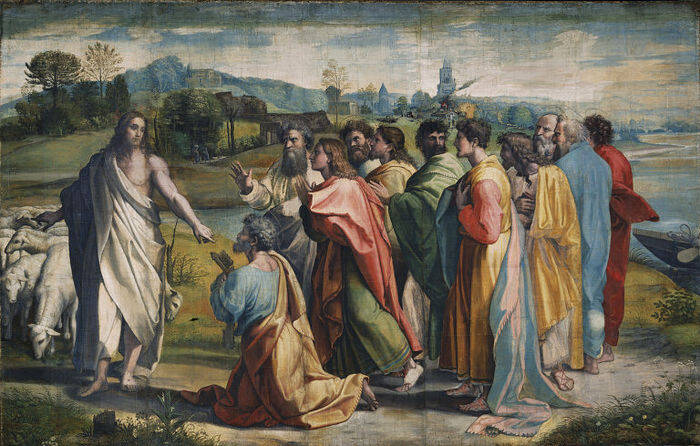Young Sullivan Ballou had already been elected a member of the Rhode Island House of Representatives, when he married Sarah Hart Shumway on Oct. 15, 1855. She had borne him two sons before this young Republican, and ardent supporter of Abraham Lincoln, answered the call of his new president. After the attack on Fort Sumter, in April of 1861, President Lincoln needed 75,000 volunteers to preserve the Union.
Commissioned a major in the Second Rhode Island Infantry, Sullivan Ballou died from injuries, inflicted in the first Battle of Bull Run. On horseback, directing his troops, he was struck by a six-pound Confederate canon ball.
Sullivan Ballou didn’t expect to die at the Battle of Bull Run, but he knew that it was a possibility, one which would create unfinished business. A letter was found in his trunk after his death. The 32-year-old husband had written to Sarah, his 24-year-old wife and the mother of his two sons, Edgar and William.
Major Sullivan Ballou was as ready as any man to accept death, but the prospect filled him with regret for the relationships, earth’s unfinished loves, which he would leave behind. He wanted his written words to remain with his wife, to be a bond that would unite them, even heal them, in death.
Relationships are not erased by eternity. To the contrary, resurrected life redeems, restores and renews, our earthly relationships.
As Christians, all that we know of the life to come we learn from the resurrection of Christ. Indeed, that’s why we are convinced that there is a life to come. In the encounter of Peter with his risen Lord, we learn that relationships are not erased by eternity. To the contrary, resurrected life redeems, restores and renews, our earthly relationships.
In his new apostolic exhortation on the family, “Amoris Laetitia,” Pope Francis writes:
In the Fourth Gospel, the Resurrected Lord takes up earth’s unfinished love. Like so many of us, death had robbed Peter of the chance to redeem his denial. You cannot apologize to the dead. You cannot undo what life has ended. But the resurrection of Christ reveals an eternal life that finishes earth’s loves. Heaven doesn’t cancel earth. Paradise is not a winnowing away from the loves of this life. In Christ, what was wrong can be righted. What sin ruptures, grace can heal.
This is the deepest meaning of purgatory, which should be understood as the compassion of the Risen Christ. It is not a place of minimum security. It is an ante-chamber of heaven, if you will, a process of mercy, whereby the Christ, the Alpha and the Omega, heals the wound of time.
In the Eucharist, heaven’s meal, the Lamb redeems us and, with us, all of human history.
“Do you love me?” is the great do-over of the disciple. It reveals the depth of redemption. Resurrection is Peter’s solace and our security, because resurrection completes earth’s unfinished loves. Major Ballou insisted that “If the dead can come back to this earth and flit unseen around those they loved, I shall always be near you; in the brightest day and in the darkest night.”
Today Christ reveals that the darkest of human nights yields to the dawn of resurrection. In “Amoris Laetitia” Pope Francis quotes his predecessor Pope Saint John Paul II,
Human relationships aren’t lost in death. To the contrary, it’s there that the Lord of life makes them whole again.
Acts 5: 27-32, 40b-41 Revelation 5: 11-14 John 21: 1-19










